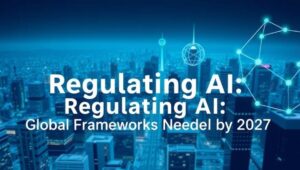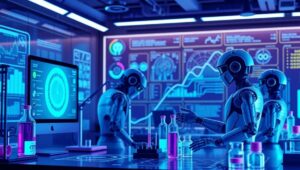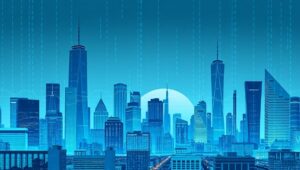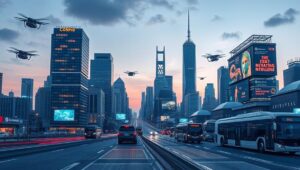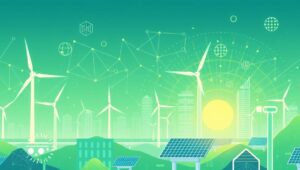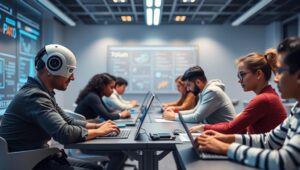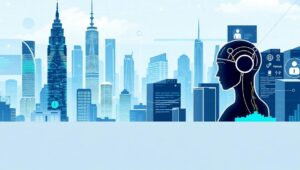May 19, 2025
Regulating AI: Global Frameworks Needed by 2027
The rapid advancement of artificial intelligence (AI) necessitates the establishment of comprehensive global regulatory frameworks by 2027. This urgency stems from AI’s increasing integration into various sectors, including healthcare, finance, transportation, and security, raising complex ethical, legal, and societal challenges. The Current Landscape Currently, AI regulation is fragmented, with different countries and regions adopting varying approaches. The European Union is at the forefront with its proposed AI Act, aiming to classify AI systems based on risk levels and impose corresponding requirements. The United States is considering a multi-faceted approach, involving sector-specific regulations and guidelines developed by agencies like the National
